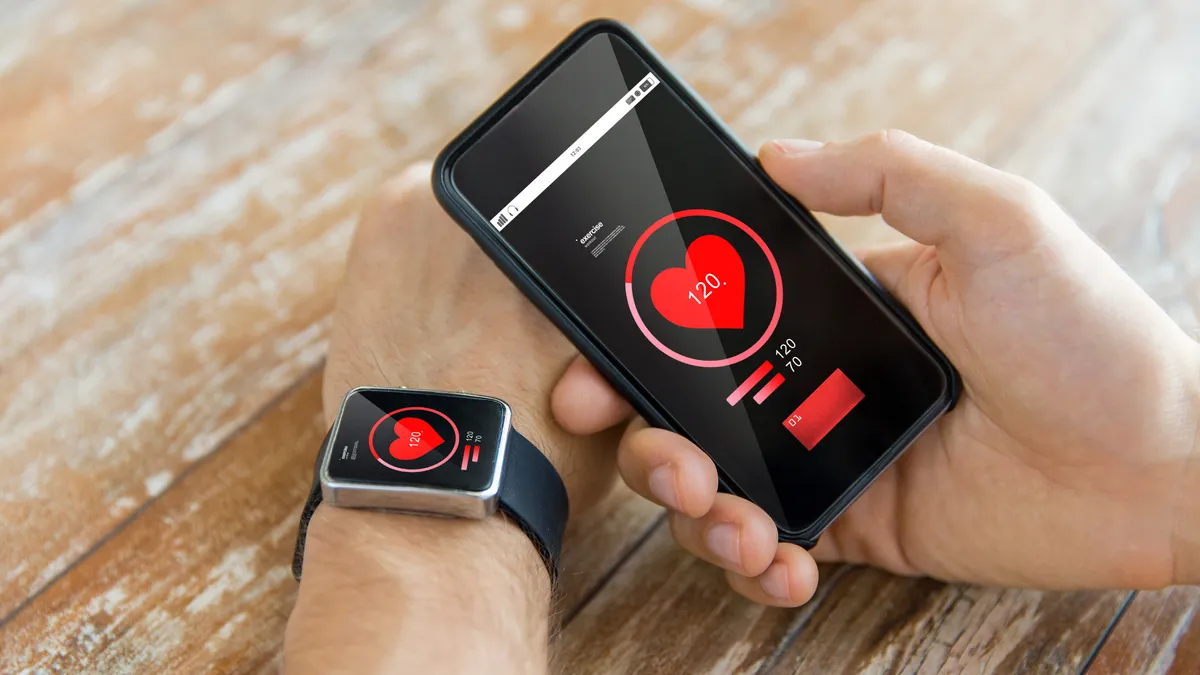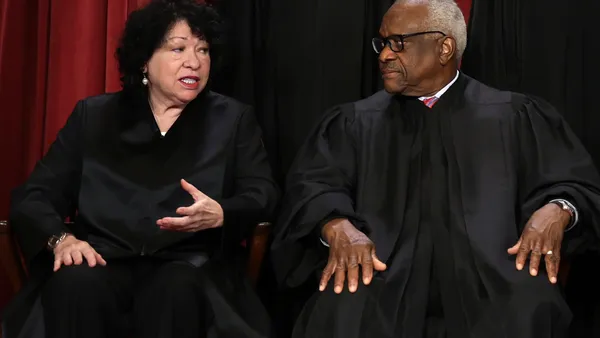Dive Brief:
- The Internet of Things (IoT) is all about using the internet to connect common items such as cars, phones, refrigerators and TVs to drive consumer convenience. However, IoT in the workplace is also running ahead of current employment law, according to the National Law Journal.
- Author Connor Sabatino, an associate and litigation attorney with Foley & Lardner LLP, writes that workplace IoT efforts including digital security badges, bring your own device (BYOD) gadgets connected to employer servers, and the explosion of wearable devices utilized in wellness programs represent a "proverbial Pandora’s box of privacy and security concerns."
- Sabatino goes on to say that employers are unsure of how to manage unplanned privacy concerns with the IoT. Plus, while the EEOC has issued guidance regarding privacy in the context of employee wellness programs, general privacy concerns, including the ability to track employee movement, are not part of that guidance.
Dive Insight:
Based on the current situation, HR leaders and employers should tread carefully in collecting data generated via IoT devices. With the fast rise of the IoT, that may be a challenge, as there are already mixed messages in the area of balancing employee privacy and employer data security. For example, the FDA recently announced it would not regulate fitness trackers and certain mobile health apps, and those devices continue to be a privacy risk. Also, the safety of a company’s intellectual properties and trade secrets, as well as highly sensitive client data, should be viewed with the same lens as other HR initiatives, such as health and safety.
The article notes that the relative slow pace the EEOC followed with the ADA and HIPAA-related issues in wellness programs makes it highly likely that employers will not see any formal guidance on IoT-based employee privacy issues any time soon. And as with most of these scenarios, employers are best off vetting their IoT policies with employment counsel.












